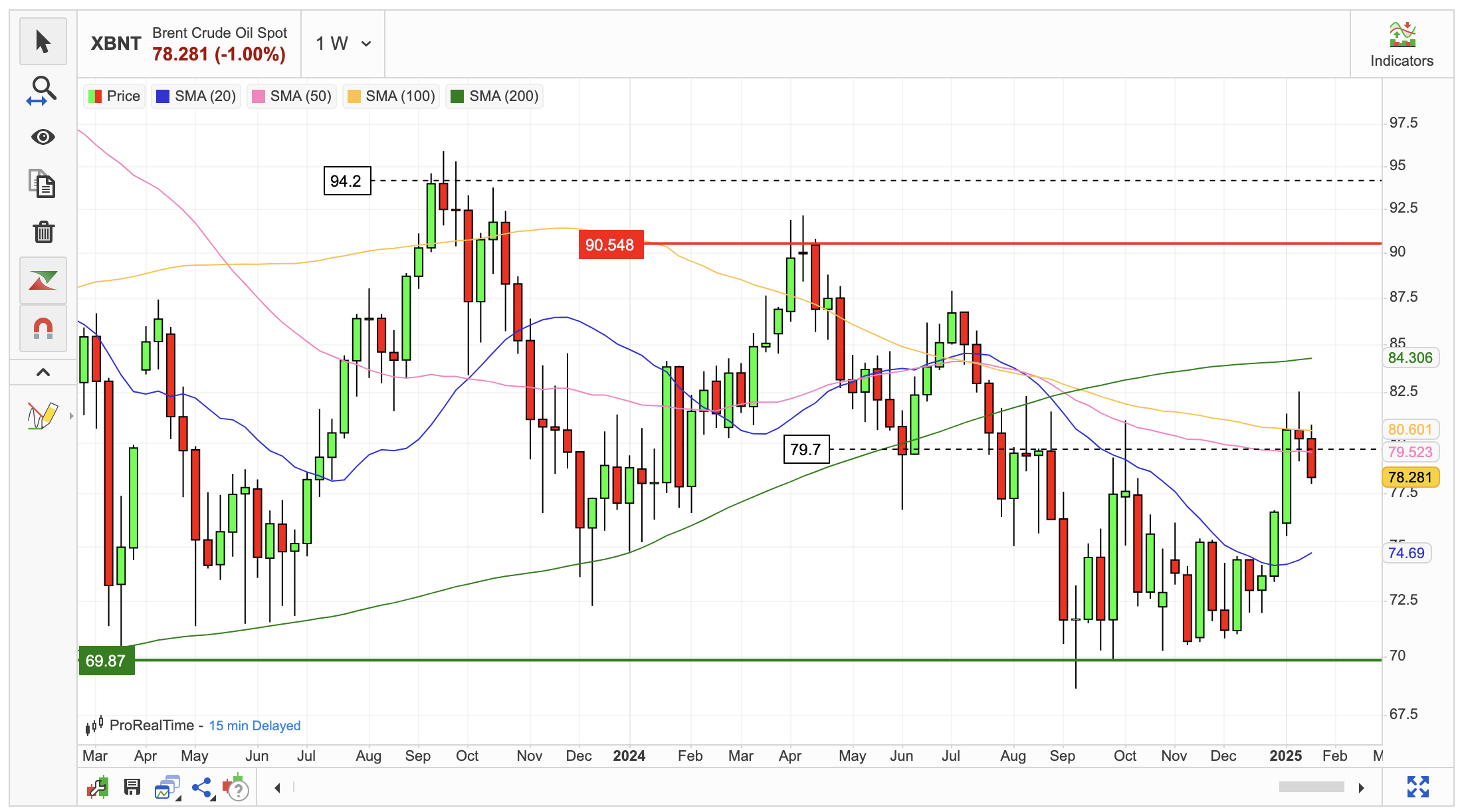Drill, Baby, Drill: Is ESG Investing Dead?
- This topic has 6 replies, 1 voice, and was last updated 2 months ago by .
-
Topic
-
Yesterday marked a historic moment in American politics as Donald Trump was sworn in as President on Martin Luther King Jr. Day—only the second time in US history that the two events have coincided.
However, rather than focusing on unity or social progress, Trump’s inauguration speech made one issue crystal clear: energy policy will be a defining pillar of his administration.
In a bold move, Trump declared a “national energy emergency,” signalling an aggressive push to expand US oil and gas production.
His vision centres on ramping up domestic fossil fuel extraction, slashing energy costs, and rolling back regulations that support electric vehicles (EVs).
The phrase “drill, baby, drill”—a long-time Republican rallying cry for increasing domestic oil and gas output—was at the heart of his speech, reinforcing his commitment to making the US energy-independent.
Trump’s plan aims to expand drilling on public lands and offshore areas, reversing environmental policies that restricted fossil fuel development.
By increasing domestic production, his administration hopes to reduce reliance on foreign oil, lower gas prices, and revive traditional energy sectors.
The announcement is already making waves in the oil and gas industry, with energy stocks reacting swiftly to expectations of deregulation and renewed investment in fossil fuels.
Does This Mean ESG Investing Is Dead?
With Trump’s pro-fossil fuel stance taking centre stage, many investors are questioning whether this marks the end of the Environmental, Social, and Governance (ESG) investing boom.
Under the Biden administration, ESG-focused funds flourished, with trillions of dollars flowing into renewable energy, electric vehicles, and sustainability-driven businesses.
However, Trump’s clear preference for traditional energy over green initiatives could shift market dynamics, especially if his administration rolls back incentives for clean energy projects.
While this doesn’t necessarily spell the end for ESG investing, it could lead to a short-term slowdown in the sector as oil and gas stocks regain favour.
Institutional investors who previously backed sustainable investments might reallocate capital toward fossil fuel industries if policy shifts make them more profitable.
However, long-term structural trends—such as global decarbonisation goals and corporate sustainability mandates—suggest that ESG investing isn’t disappearing, but rather adapting to a changing political landscape.
For now, traders and investors will be closely watching how Trump’s policies unfold and whether the ‘green revolution’ takes a backseat to his aggressive push for US energy dominance.

Data: eToro, MarketScreener